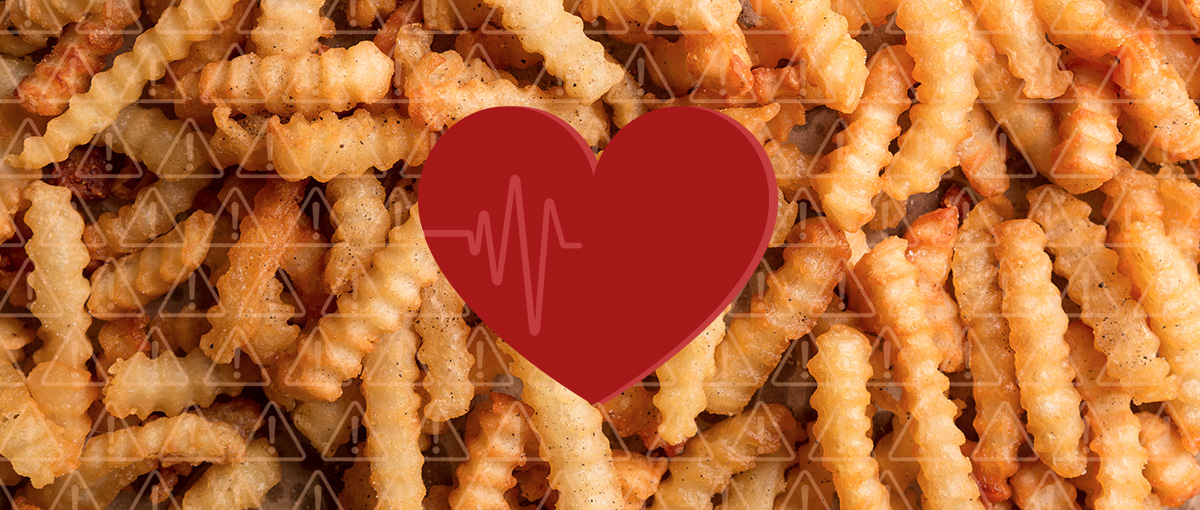Skipping Breakfast And Eating A Late Dinner Could Increase Complications After A Heart Attack

We’ve always heard that breakfast is the most important meal of the day. After all, when you skip breakfast, you’re bound to be starving by the time lunch rolls around. But what about the meal after that? As it turns out, ditching breakfast and eating a late dinner can be especially bad news for people who have had a heart attack.
According to a new study, these eating habits can increase the risk of complications.
The 2019 study, which was published in the European Journal of Preventive Cardiology, evaluated the eating habits of 113 people who have experienced a heart attack. The participants had an average age of 60 years old, and 73% were men.
People who didn’t eat breakfast (and ate dinner late) were more likely to have another heart attack within 30 days. They also had an increased risk of death or angina (which is marked by severe chest pain). So, what’s the deal? For starters, the study indicates that people who skip breakfast and eat late often have other unhealthy habits, like smoking and physical inactivity.
Late night eating is also associated with poorer food choices.
You’re less likely to prepare — or even consider — healthy meals at night. Plus, your body’s ability to recognize satiety changes throughout the day, so you’re more likely to consume more calories at night in order to feel full.
While the study looked at people who have had a heart attack, the findings have significance for the general population.
According to a 2015 article in Nutrients, eating late is associated with dyslipidemia.
Dyslipidemia is abnormal levels of lipids like cholesterol and triglycerides.
Late-night eating also increases the risk of obesity and Type 2 diabetes.
Together, these factors significantly increase the likelihood of heart disease and heart attacks.
In short, late-night dinners are awful for everyone’s heart.
To protect your heart, try to follow a regular eating schedule every day.
It’s also wise to eat healthy carbs and proteins with each meal.
These nutrients will help keep you full throughout the day.
Understandably, it can be difficult to prepare a meal when you’re in a rush. But that’s why meal-prepping is so popular!
When you make food in advance, you’re less likely to buy takeout or grab something on the go.
It also limits the temptation to munch on not-so-healthy foods at night.
Generally, it’s recommended to eat your last meal at least two to three hours before bed.
If you’re hungry and can’t sleep, eat a light snack like a banana.
Whole grain toast with peanut butter also works.
These foods will fill you up without overloading your digestive system.
So, do your heart a favor and try your best to avoid late-night eating.
It all starts with a healthy, filling breakfast. As the day goes on, you’ll be more likely to eat a regularly-timed lunch and dinner.
